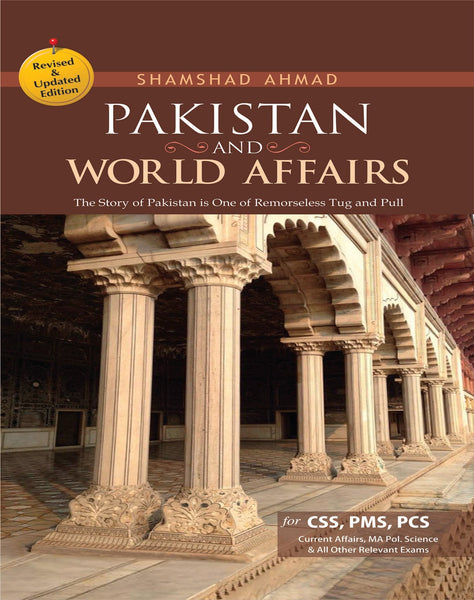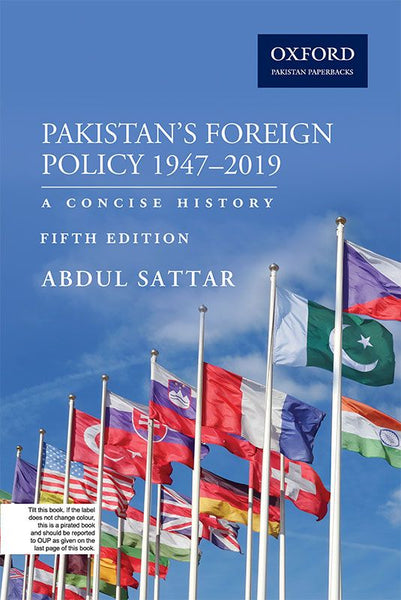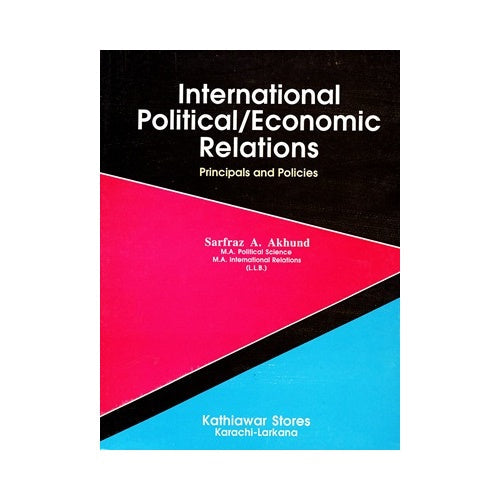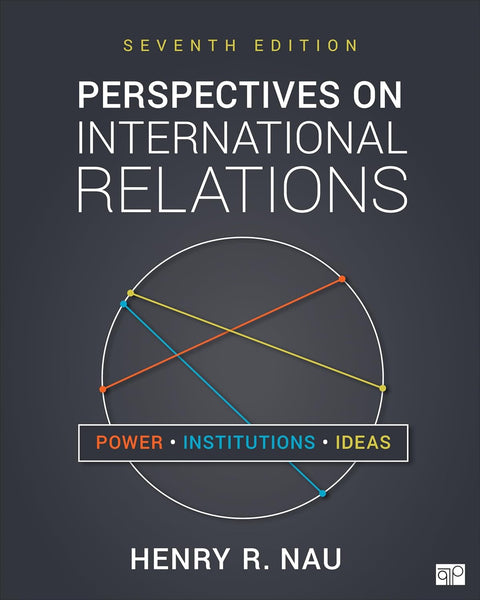The Afghan-Soviet War (1979-1989) had profound and far-reaching impacts on Pakistan, shaping its political, economic, and social landscape in myriad ways. As a neighboring country, Pakistan became a frontline state in the conflict, hosting millions of Afghan refugees, grappling with a surge in militancy and extremism, and experiencing significant shifts in its foreign policy and internal dynamics. This period saw Pakistan navigating complex alliances, internal security challenges, and profound economic strains, all of which have left an enduring legacy on its society and governance.
10 Key Points
1. Refugee Influx
Pakistan hosted over three million Afghan refugees, leading to significant demographic changes and putting immense pressure on resources and infrastructure.
2. Rise of Militancy
The war catalyzed the growth of militant groups, as Pakistan became a conduit for U.S. and Saudi-backed mujahideen fighting Soviet forces, which later evolved into various extremist factions.
3. Economic Strain
The influx of refugees and the need to support the war effort strained Pakistan's economy, leading to increased poverty and unemployment.
4. Shift in Foreign Policy
Pakistan's alignment with the U.S. during the war marked a significant shift in its foreign policy, impacting its relations with neighboring countries, particularly India and the Soviet Union.
5. Drug Trafficking
The war led to a surge in drug trafficking through Pakistan, with heroin becoming a major issue, contributing to rising addiction rates and crime.
6. Arms Proliferation
The conflict resulted in a proliferation of arms in Pakistan, which fueled internal violence and instability long after the war ended.
7. Social and Cultural Impact
The presence of Afghan refugees and the influx of foreign fighters influenced Pakistan's social and cultural fabric, introducing conservative and radical elements into society.
8. Political Ramifications
The war had lasting effects on Pakistan's political landscape, contributing to the rise of military influence and the instability of civilian governments.
9. Intelligence and Military Strengthening
Pakistan's intelligence agency, ISI, gained significant power and influence, playing a key role in the conflict and its aftermath.
10. Humanitarian Challenges
The country faced severe humanitarian challenges in addressing the needs of refugees and dealing with the long-term socio-economic consequences of the war.
The Afghan-Soviet War left an indelible mark on Pakistan, shaping its present-day challenges and opportunities. The enduring impacts of refugee crises, militancy, economic strains, and geopolitical shifts continue to influence Pakistan's policies and development trajectories, highlighting the complex interplay between regional conflicts and domestic stability.

























